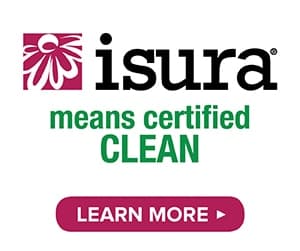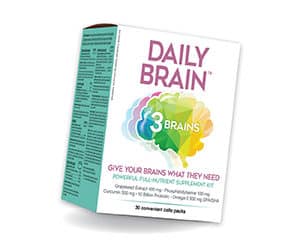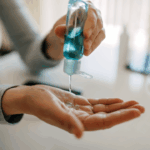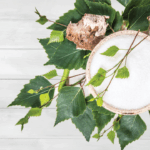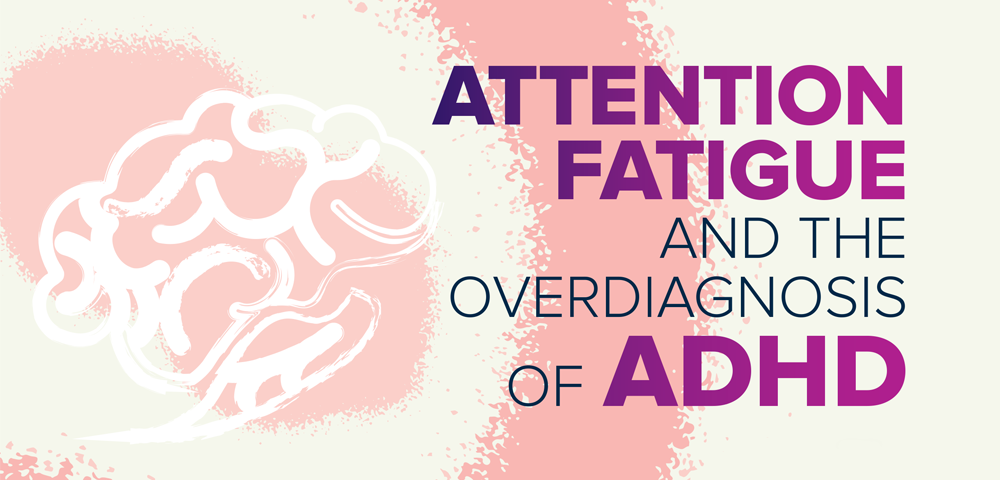
Bio-hacking involves an individual changing their body, diet, and lifestyle to improve their health and well-being.
There is an increasing trend to bio-hack our health, especially our mental edge. From intermittent fasting and playing chess to surveilling sleep and having more sex, experts are weighing in on what works and what doesn’t. But what I see in clinical practice is that my patient population – who chooses natural over prescription – is either on attention-deficit/hyperactivity disorder (ADHD) medications or looking to receive this “trendy” diagnosis so we can prescribe them.
I say trendy because the diagnosis of ADHD in adults rose dramatically during the pandemic, and this trend has continued to surge. Experts estimate ADHD affects 2.5–6.76% of adults worldwide, and one study suggested ADHD symptoms that started in childhood carried into adulthood in 90% of cases. Symptoms of adult-diagnosed ADHD include trouble following directions, procrastination, poor concentration, inability to organize tasks, memory lapses, and feeling distracted.
Reading this list of symptoms could make anyone believe they have ADHD or ADHD tendencies, and this could drive the increase in diagnoses we are seeing today. With this has come a rise in the number of stimulant medications prescribed, resulting in a concerning potential of unnecessarily medicating patients. Side effects include elevated blood pressure and heart rate, loss of appetite, insomnia, irritability, jitteriness, and headaches – all of which can make ADHD symptoms harder to manage in some.
Despite side effects, prescription stimulants can be effective for many adults looking for that mental edge. But shouldn’t we weigh the risks of medicating when there are so many other tools out there that can address the underlying cause? Before shopping for the diagnosis, I recommend that my patients implement highly actionable and science-based techniques to support their cognitive advantage.
REMOVE THE TRIGGERS
A poor diet can contribute to oxidative stress and altered neuronal plasticity, both of which impact adults with ADHD. You can never have too few inflammatory and negatively stimulating compounds in your day, so if you find any, it’s time to scrap them.
- Sweeteners, including sucrose, high-fructose corn syrup, and artificial sweeteners
- Artificial food colours and dyes
- Food additives and preservatives, including BHT, BHA, MSG, and nitrates and nitrites
CONTROL NEUROINFLAMMATION
There is increasing evidence that inflammation in the brain – or neuroinflammation – forms the basis of ADHD by damaging brain cell function and altering dopaminergic neurotransmission. Essential fatty acids EPA, DHA, and GLA play a role in overall brain function, and support inflammation modulation, memory, mood, and concentration. However, many adults with ADHD cannot efficiently process the fats they get from their food because of inborn genetic variances, making supplementation an important consideration.
MIND THE GAP
Encouraging a grounded state can be achieved by optimizing GABA levels, a neurotransmitter involved in controlling nerve cell hyperactivity associated with anxiety, stress, and fear. Practising mindful activities, and deep breathing exercises, can support healthy attention and self-regulation by allowing self-observation and connection to our emotional state. To prevent “gapping out,” L-theanine can help by supporting healthy GABA levels. It’s also essential to build healthy habits and triggers, and eliminate distractions that encourage procrastination.
NUTRIENT AND HERBAL SUPPORT
One important amino acid, L-tyrosine, is an essential precursor for dopamine and norepinephrine, and has been shown to be beneficial for attention in adults with tyrosine deficiency and ADHD. Another unique nutrient, magnesium L-threonate, is a form of magnesium that can cross the blood-brain barrier – unlike all other forms of this mineral. Once inside the brain, magnesium supports neural density and executive functioning. Speaking with a health care practitioner well-versed in herbal medicine can also help. Over the past few decades, clinical studies have supported the efficacy of Ginkgo biloba, pycnogenol, passionflower (Passiflora incarnata L.), and saffron (Crocus sativus L.). Other common nutrients, including iron, vitamin D, and vitamin B6, may be necessary to supplement if you are deficient.
ASSESS FOR SENSITIVITIES
A relatively simple test done through private health care practitioners, like naturopathic doctors, can uncover the immune-stimulating and inflammatory potential of common foods we eat daily. In my practice, I often see unusual reactions to what I would classify as healthy food, but for a particular patient, is not. Examples I have seen include garlic, almonds, ginger, oats, and olives.
Synthetic fragrances and chemicals in cosmetics and home care products can interfere with our endocrine (hormonal) systems and gut, aggravating the gut-brain axis.
If you are taking medication for ADHD, clinical research has shown that moderate-to-vigorous physical activity may be beneficial in improving the side effects of sleep disruption. Cognitive-behavioural therapies have also been more effective in improving overall ADHD symptoms in adults taking ADHD medications than taking the medication alone.
Research suggests that adults diagnosed with ADHD are more creative, more easily motivated to achieve goals, more empathetic to others, and able to hyperfocus
on specific tasks, all leading to higher productivity and achievement. So, if you have been diagnosed with ADHD or suspect it, supporting your brain with essential nutrients and eliminating exacerbating factors could very well be a healthier way of managing it. I encourage you to explore improving your health, intelligence, and productivity by learning how your brain functions to achieve a mental edge as safely as possible.







